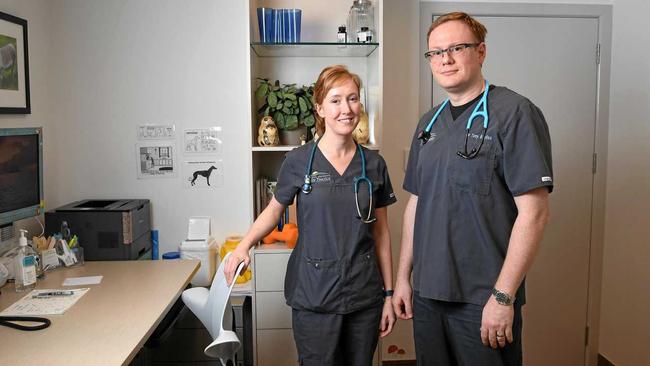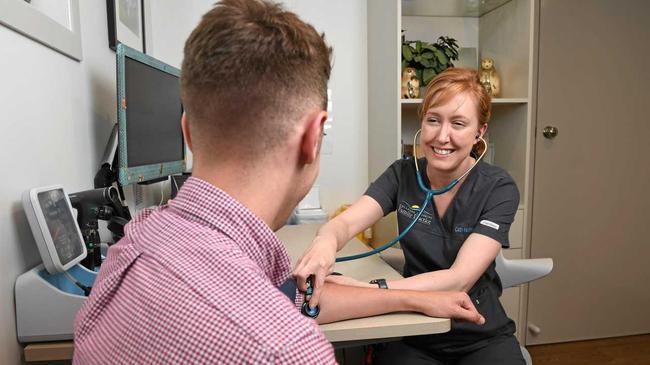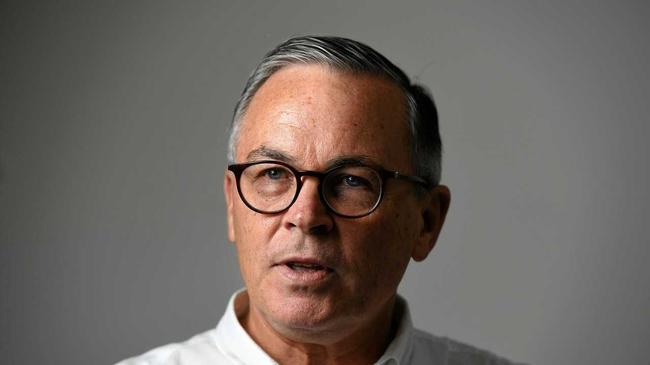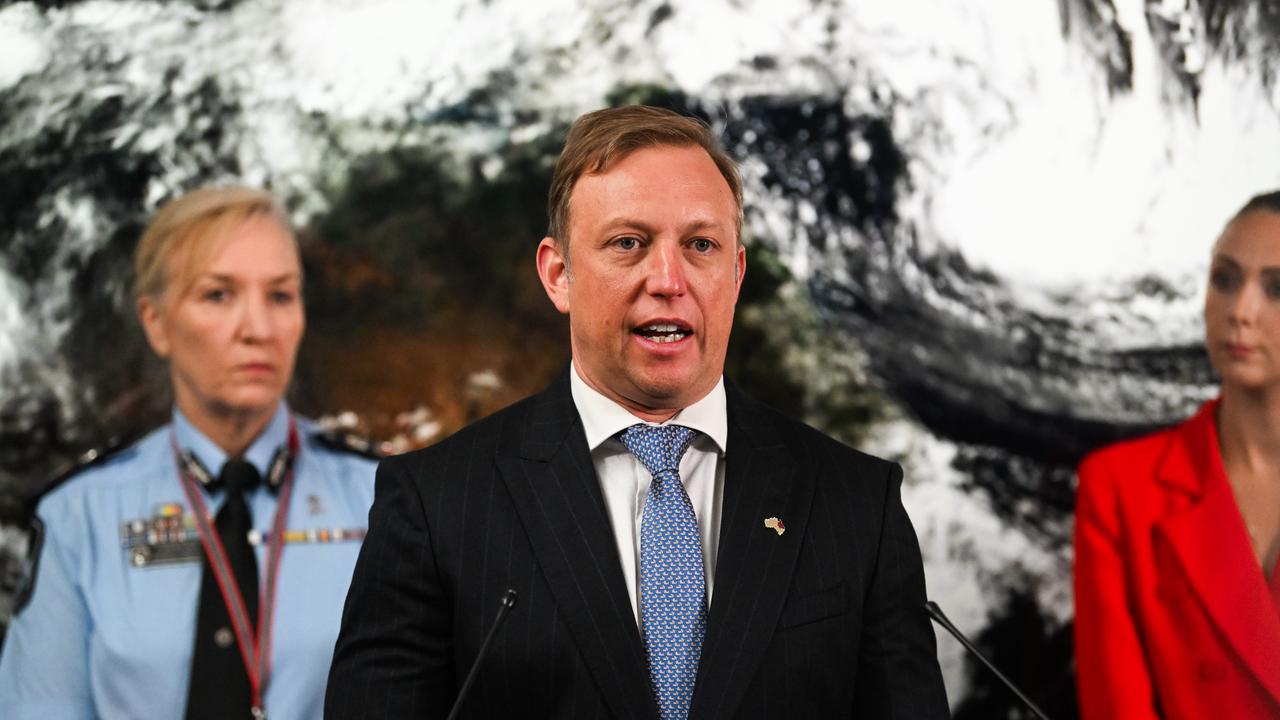BATTLE FOR NEW BLOOD: Ipswich's burgeoning doctor crisis
A Federal Government decision has prompted GP shortage fears in a city with chronic health problems.

Ipswich
Don't miss out on the headlines from Ipswich. Followed categories will be added to My News.
IPSWICH will have fewer doctors for its growing population under a new Federal Government mandate.
On July 1 the Federal Government introduced a new way of distributing doctors throughout the country. Ipswich's surrounding areas were declassified from a District Workforce Shortage area to a Distribution Priority area.
READ MORE:Decision means fewer doctors, more pressure on hospitals
Many parts of Ipswich were declassified from 'regional or remote' areas to urban areas.
The DWS scheme mapped locations in which non-Australian GPs under their 10-year moratorium were allowed to access providers number to supply Medicare-funded services.
This aimed to encourage GPs with moratorium conditions to work in areas of need rather than flooding metropolitan areas.
Most of Greater Ipswich except for Laidley and Plainland is excluded from the new DPA classification, meaning that no new non-Australian GPs will be able to work with Medicare billing in the area, ultimately limiting the amount of GPs coming into the area.
Colleges Crossing Family Practice Dr Cathryn Hester said her four-year-old practice was initially successful because she was able to hire 10-year-moratorium doctors.
"One of the reasons we could grow so rapidly and recruit new doctors to our service was because when we opened we were considered a DWS area," she said.
"We decided to open in this area because this is our community, this is where we live and we knew there was an acute shortage of GPs in the area.
"In those four years we've gone from being brand new to having 8000 patients - there was definitely a need for GPs."
Dr Hester is concerned with a rapidly growing population, and unique health issues such as high rates of infant mortality, obesity, depression and anxiety.
She said limiting recruitment of new GPs to the area would put extra stress on hospitals while exacerbating chronic diseases in an inherently lower socio-economic area.
Dr Hester and fellow Colleges Crossing practitioner Dr Anthony Bayliss will now appeal Ipswich's status as a DPA area.

"We have six GPs working at the practice now, three of them on their 10-year moratorium but with the DPA changes, those three doctors would not come work for us and we would not be able to serve the health care needs of the local community," Dr Hester said.
"For new practices opening in the area, particularly in areas that are growing very rapidly like the Ripley Valley, they will find it very difficult to find enough GPs to actually service the population.
"The DPA is a scheme which aims to control the supply of GP numbers in areas, so the premise of the DPA changes is good, but they haven't taken into account the particular circumstances of the Ipswich region.
"(These) are complex, chronic health needs and a rapidly growing population - we have one of the fastest growing populations in Australia.
"Over the coming couple of years this is really going to impact on the availability of GP services."
Residents will be hit hardest at the hip pocket if doctors open practices without Medicare practitioner numbers as they won't be able to bulk bill.
"In the GP population there is a lot of discontent about it and with people working in poorer areas," Dr Hester said.
Historically with the DWS system it was possible to get an exception. Kununurra was one area that managed to qualify for an exemption.
HOSPITAL WARY OF CHANGES

West Moreton Health Board Chair Michael Willis said any new schemes that reduce doctors on the ground will affect the hospital.
"West Moreton has a strong primary healthcare system, and we work closely with GPs to ensure the majority of health care is delivered in the community, outside of the hospital setting," he said.
"Any measures that would reduce the number of GPs in the region would be detrimental to the community.
"West Moreton is one of the fastest growing regions in the state, with growing healthcare needs - ensuring we have a strong GP capacity is critical to coping with future demand."


